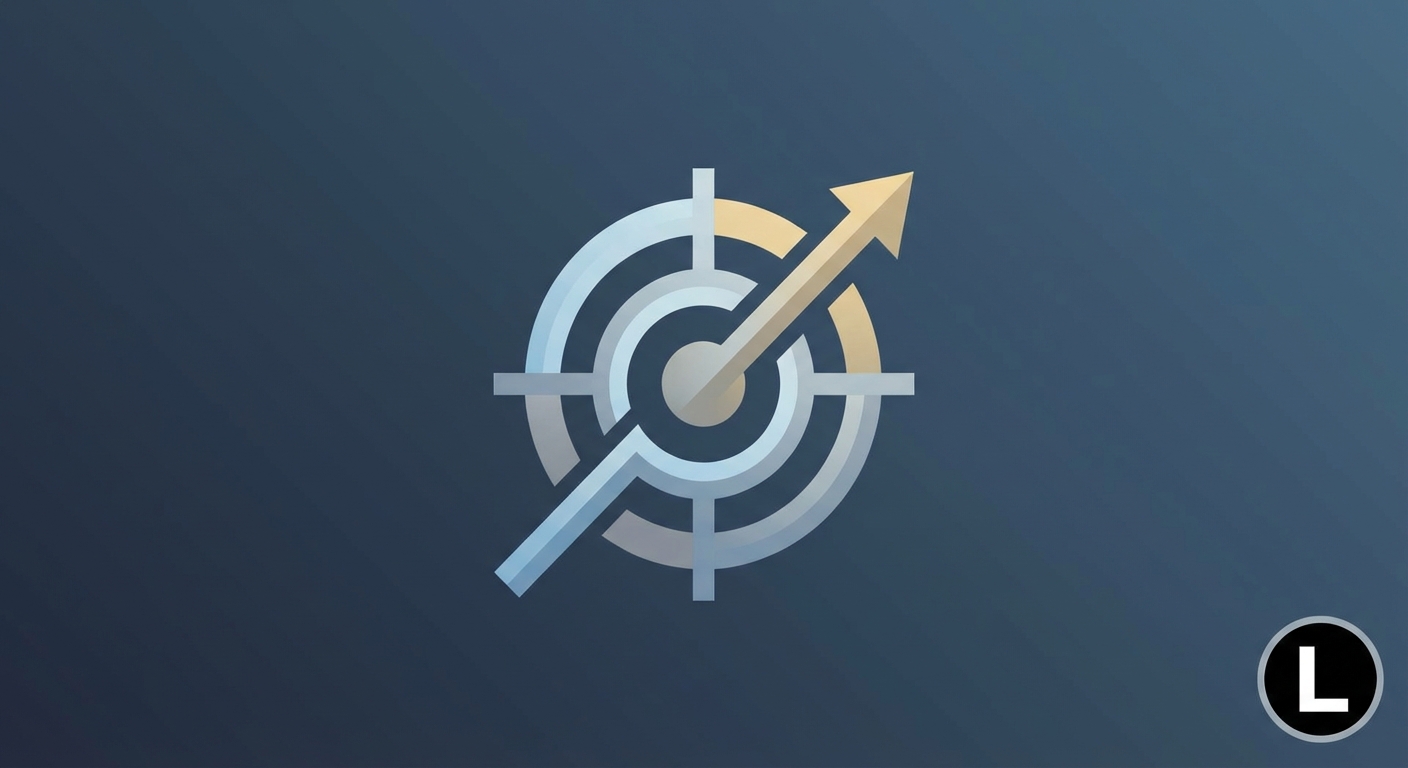Essential SEO Insights for Maximizing Website Performance
TL;DR
- This article covers essential seo insights to boost website performance, focusing on ai-powered tools, seo strategies, and technical optimizations. We'll explore how to enhance user experience, improve search rankings, and drive organic traffic by covering keyword research, on-page/off-page optimization, security measures, accessibility, and free web analysis tools.
Introduction: Why SEO is Critical for Website Performance
Ever wonder why some websites pop in search results? It's seo, folks, and it's kinda a big deal for how well your site performs. Search Engine Optimization, or SEO, is basically the art and science of making your website more visible to search engines like Google. It's not just about getting your site to show up; it's about getting the right people to find you. Think about it – if people can't find your website, it doesn't matter how amazing your products or services are. Good SEO drives qualified traffic, meaning people who are actually looking for what you offer. It also boosts your brand visibility, making you a recognizable name in your industry, and surprisingly, it can even improve your user experience, making your site easier and more pleasant for everyone to navigate.
Leveraging AI-Powered Tools for SEO Analysis
Ai-powered tools? Yeah, they're not just for sci-fi movies anymore, you know. They're changing the seo game, making analysis way less of a headache. (AI SEO is broken — and brute-forcing it on socials isn't the answer)
- Keyword Research: Forget guessing, ai can find those hidden gem keywords that actually drive traffic. (The AI Keyword Research Hack No One Talks About - YouTube) Think of a healthcare provider using ai to target "telehealth for seniors" or a retailer optimizing for "sustainable fashion brands."
- Content Optimization: ai isn't just about keywords, it will help you improve readability and engagement. It can suggest better sentence structures, flag overused words, and even recommend topics you might have missed to make your content more compelling and easier for people to digest. (Using AI for content optimization: Dos and don'ts)
- Competitor Analysis: Ever wonder what your rivals are up to? ai tools can snoop, erm, analyze their strategies so you can one-up them. This might reveal their top-ranking keywords, identify content gaps you can fill, or even show you where they're getting their backlinks from.
So, ready to ditch the old ways and embrace ai?
On-Page Optimization: The Foundation of SEO
Okay, so you wanna boost your site's seo? It's not just about throwing keywords around like confetti, y'know? It's about making your site actually good for users and search engines.
- Keywords: Gotta find the right ones and sprinkle them in naturally. This means integrating them into headings, body text, and image alt tags without making it sound forced or stuffing them in unnaturally.
- Title tags & meta descriptions: These are your first impression! Make 'em count.
- Headers: Structure your content, like, use
<h1>,<h2>tags...it helps google and your readers.
Think of it like this: you wouldn't build a house without a solid foundation, right? On-page optimization is the same deal for seo. Inveniv.com highlights optimizing content and site structure as key to improving user experience. Now that we've covered the on-page basics, let's focus on keywords – the bread and butter of this whole process.
Technical SEO: Ensuring Crawlability and Indexability
Alright, so you want Google to find your site, right? It's not just about having a website, it's about making sure the search engines can actually crawl and index it!
Here's the lowdown:
- Robots.txt: This file tells search engines what not to crawl. It's super important to configure it right, otherwise, you might accidentally block search engines from seeing important pages on your site.
- Sitemap Submission: Submit your sitemap to google, it helps 'em find all your pages. Sitemaps, usually in XML format, help search engines discover new and updated content more efficiently.
- Fix crawl errors: Keep an eye on search console; those errors are important. Google Search Console is your best friend here for finding and fixing issues that stop search engines from accessing your pages.
Basically, make it easy for Google, and it'll make it easy for people to find you. Next, let's talk site speed.
Off-Page Optimization: Building Authority and Trust
Off-page seo is where you take the party off your website. Think of it as building your site's rep around the web, 'cause Google cares what others say about you, you know?
- Backlinks are key: Getting links from other reputable sites, shows Google you're trustworthy.
- Social media matters: Share your stuff, engage, build a buzz. Social media signals can indirectly influence SEO by driving traffic and increasing brand visibility, which can lead to more backlinks and mentions.
- Reputation, too: Keep an eye on those reviews and handle 'em like a pro. Positive online reviews and brand mentions contribute to your overall online reputation, which can indirectly influence search rankings and user trust.
Next, we'll dive into the nitty-gritty of link building.
Website Security: Protecting Your SEO Investment
Security's not just about locking doors; it's seo insurance, really. A hacked site tank in rankings.
- HTTPS is a must: Encrypt that data!
- Scan often: Find those holes before the bad guys do. Scan for malware, vulnerabilities, and outdated software.
- Fix it fast: Patching vulnerabilities is crucial. And always have regular backups – they're a lifesaver if something goes wrong.
Next, let's talk HTTPS.
Accessibility Best Practices: Ensuring Inclusivity
Accessibility? It's not just a nice-to-have, it's about making sure everyone can use your site, right? Plus, Google notices that stuff.
- Alt text: Describe those images! Screen readers need it, and it helps seo.
- Semantic html: Use
<article>,<nav>, etc. Makes things clearer for everyone. - Free audit: See, are there tools out there to check accessibility for free. Look for tools that check for keyboard navigation, color contrast, and screen reader compatibility.
Next up: mobile-friendliness!
Measuring and Analyzing Website Performance
Ever wonder if your website's actually pulling its weight? Measuring performance is key, and luckily, there's a bunch of ways to do it. Let's dive in, shall we?
- Monitor organic traffic. Keep an eye on where your visitors are coming from. Are they finding you through search engines, or what? Look at trends, specific sources of organic traffic, and which pages are attracting the most organic visitors.
- Analyze user behavior. What are people doing on your site? Which pages do they love, and which ones do they bounce from faster than a rubber ball? Pay attention to metrics like bounce rate, time on page, and conversion paths.
- Track conversion rates. Are visitors actually doing what you want them to do, like, buying stuff or filling out forms? Make sure you've defined specific conversion goals (e.g., sales, leads, sign-ups) to effectively track success.
Conclusion: The Ongoing Journey of SEO and Website Optimization
So, you've been putting in the work, tweaking your site, and chasing those elusive top spots. But here’s the thing about seo and website optimization: it's not a "one and done" deal. We've talked about how AI tools can revolutionize your analysis, the crucial elements of on-page and technical SEO, building authority through off-page strategies, keeping your site secure, making it accessible to everyone, and finally, how to measure all your hard work.
- SEO is a marathon, not a sprint. Things change, algorithms update, and what worked yesterday might not work tomorrow. Think of it like gardening; you can't just plant seeds and walk away; you gotta tend to 'em.
- Adapt or get left behind. Google loves to keep us on our toes with algorithm updates. Staying informed is key, so you don't get blindsided, you know?
- Always be improving. It's not just about fixing what's broken but making good things even better.
Keep reading those industry blogs, attend the odd conference when you can, and don't be afraid to experiment with new stuff. That's how you stay ahead of the curve.





